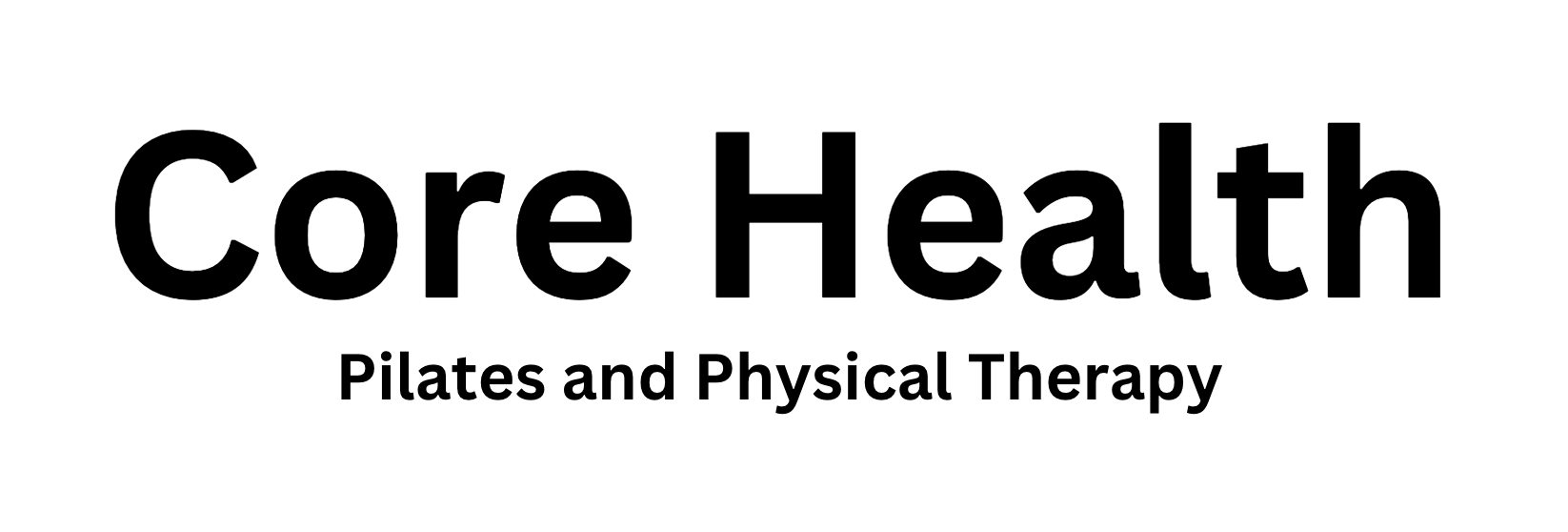Joseph Pilates said “physical fitness is the first requisite of happiness.” So, does this statement hold true today? I know that when I work out, I sleep better and when I sleep well, I feel better. And, I’m a nicer person, my husband will tell you. But is fitness required to be happy? In some ways, I believe it is.
We, as physical therapists know the typical patient with arthritic pain all too well. They can’t walk because it hurts and they get stiffer and more frustrated because of the lack of physical activity. Finding a type of exercise that will bring synovial joint fluid into the painful joint, I believe is the answer to this dilemma. Often times it takes a little coaxing to convince the person that moving a painful joint really is going to help in the long run. But if they are able to get moving, slowly, the joints become less stiff and hopefully, less painful. And we are all happier with less pain.
One thing we know is that exercise releases endorphins in our brain which make us feel great. Feel good brain chemicals include serotonin, norepinephrine and dopamine.Another interesting note is that both exercise and happiness not only increase endorphin release but also encourage the release of antibodies.
Antibodies are a certain type of protein that help prevent us from getting sick. When viruses or antigens are detected in our bodies, antibodies hunt hem down and attach to them. Then our bodies’ own T-cells arrive and destroy the antigens. Antibodies stick around in the body after they’re created in case the particular antigen they were designed to hunt shows back up. Antibodies also help produce other cells that aid and assist in the immune system. So in this case, exercise and happiness both contribute to health.
Not only are happy people less likely to send out surges of stress hormones like cortisol that contribute to heart disease, but they’re also more likely to follow good self-care and have better social networks — both reliable indicators of good physical health. Chronic unhappiness, on the other hand, leads to increased blood pressure and decreased immunity. Unhappy people lacking emotional support also don’t tend to take very good care of themselves.
Evidence consistently shows a positive relationship between physical activity and happiness. One study showed that even 20 minutes of exercise can boost one’s levels of serotonin in the brain for the next 11 hours. So perhaps Joseph Pilates was onto something.
Zhang, Z., Chen, W. A Systematic Review of the Relationship Between Physical Activity and Happiness. J Happiness Stud 20, 1305–1322 (2019). https://doi.org/10.1007/s10902-018-9976-0.
Tom Scheve “Is there a link between exercise and happiness?” 22 June 2009. HowStuffWorks.com. https://science.howstuffworks.com/life/exercise-happiness.htm 22 December 2021.


